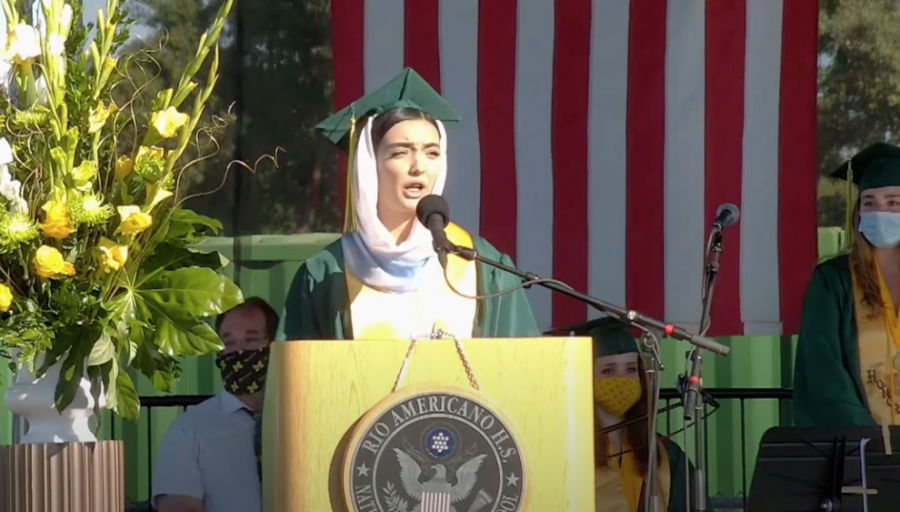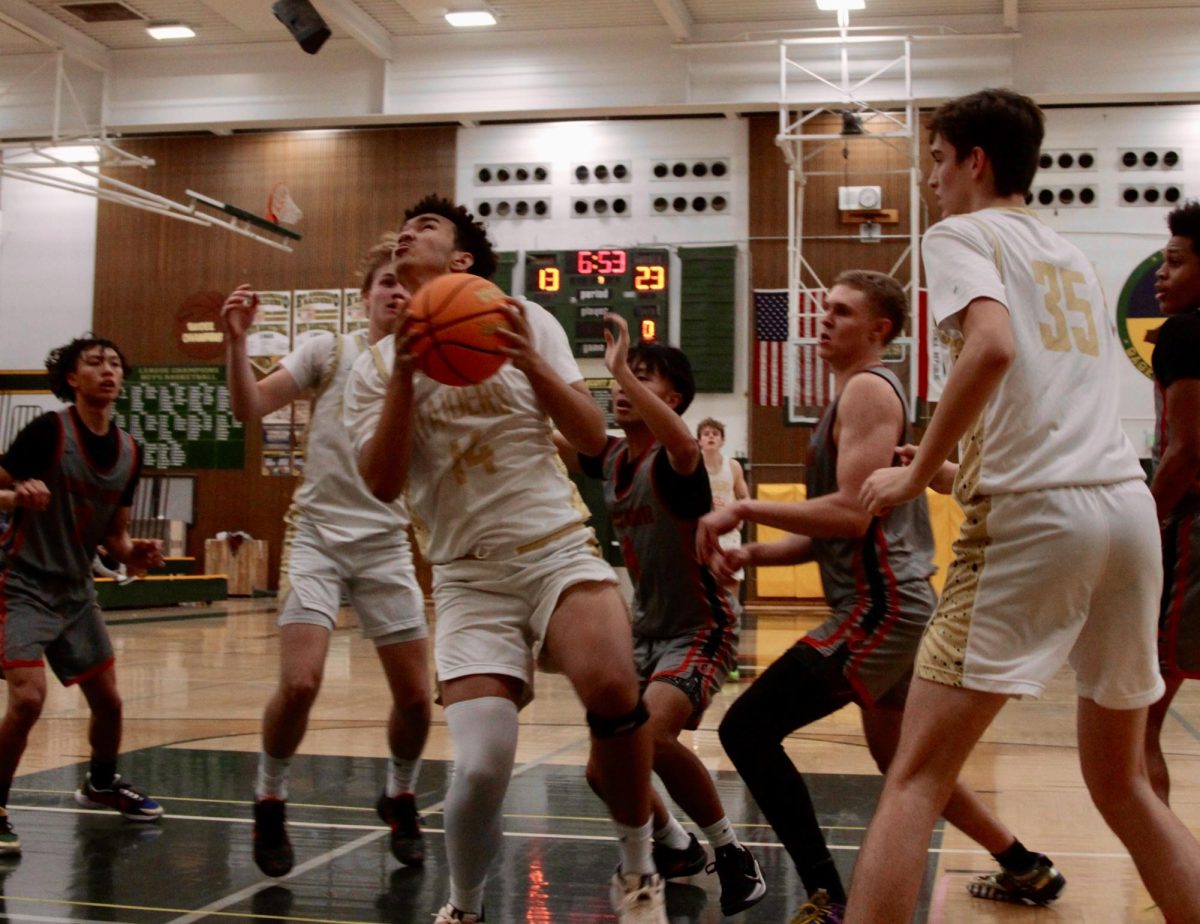Freedom of Speech
The oscar nominated movie The Post focuses on the struggle to exercise freedom of speech.
America, “the land of the free”, has fought hard for hundreds of years to create a place where people can be free. The first amendment of the constitution explicitly states that the people have freedom of religion, speech and press.
The Post follows A newspaper publisher in the 70’s and her struggle to decide whether she should tell the truth and risk imprisonment, or stay silent. The president was suing The New York Times for printing a section of a top secret study on the Vietnam War.
A statement was released saying that any paper who printed anything on the subject would face a lawsuit as well. The editor must decide if she wants to follow along with this, or print the truth while exercising her freedom of the press, and face charges.
This theme has been present throughout history through the biggest of stories, but touches on a subject relevant in ours lives; are people able to freely exercise their first amendment rights?
While our forefathers built the nation on the pillars of freedom, it has been an uphill battle to keep sight of their original vision.
An ongoing issue today is the fight for freedom of speech in schools.
In 1965, Mary Beth Tinker revolutionized what was thought about freedom when she wore a black armband in protest of the Vietnam war. She was suspended, but instead of backing down, she continued her silent protest which eventually led to a history-changing supreme court case.
The court sided with Tinker stating students do not “shed their constitutional rights to freedom of speech or expression at the schoolhouse gate.” Until this point, students were taught to obey adults, and everything that adults told them.
“I think that we should be given the responsibility of knowing what is okay to say, and what isn’t,” said sophomore Ian Harrison. “But I don’t think that teachers or principals should be able to censor what we say.”
Now, people are taught to respect adults, but also to think for themselves. Many teachers are constantly asking students to voice their own opinions in class, something that might never happened before the bravery of Tinker.
“Teachers should be able to control what gets said in their classrooms,” said sophomore Daniel Meyers. “If they don’t like it, we shouldn’t say it.”
Just because people have the constitutional right to freedom of speech, does not mean they should abuse it, and use it as an excuse to say hurtful or offensive things.
Technically, students can say anything they want, but saying something to intentionally offend someone is counterproductive, and most people refrain. The bigger issue in schools is not a lack of freedom of speech, but of freedom of expression.
The problem that social media presents in this issue is the fact that many teachers and coaches can monitor what people post most closely than what we say, and reprimand it. While it is good that we have rules to stop people from posting certain things, it is unconstitutional to punish someone for what they say; and so the debate begins.
The question is about where prevention from unnecessarily hurting people ends, and overseeing everything that we say, consequently taking away our rights begins.
“Students can say whatever they want,” said senior Hannah Thompson. “Teachers can get over it if they’re offended.”
As demonstrated by Tinker, people can not be monitored in terms of any teacher’s personal beliefs or administration’s disagreements. Tinker’s school objected to her protesting a war, which was her own opinion, and not the business of the school.







































